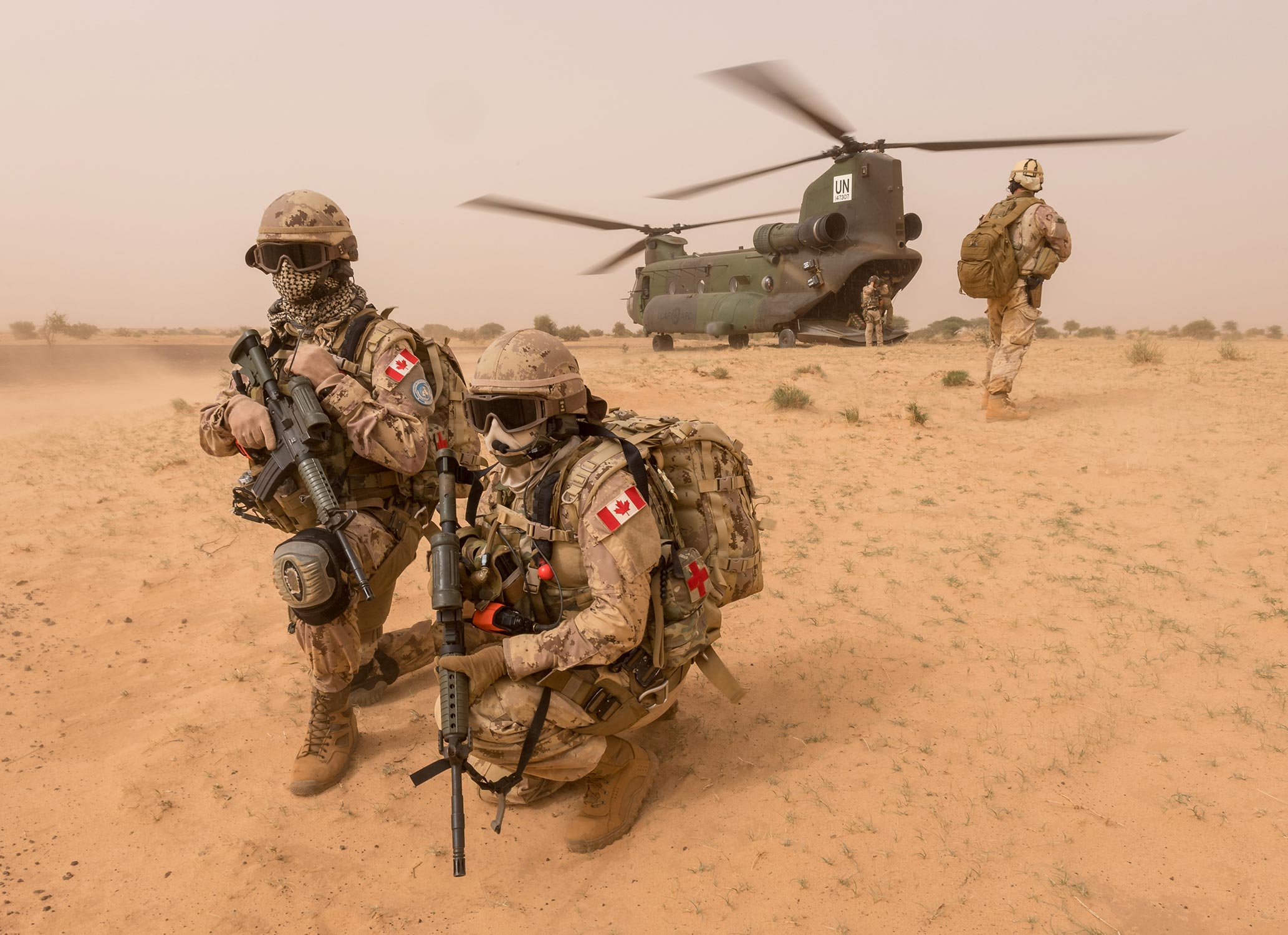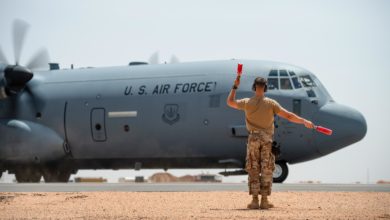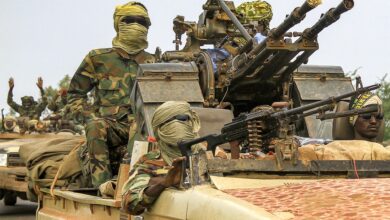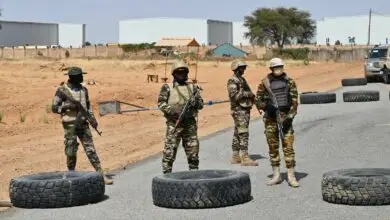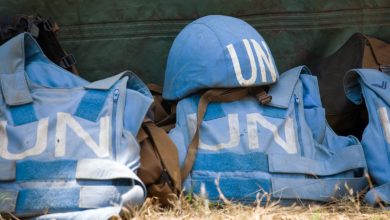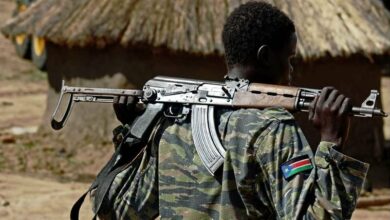The United Nations Security Council on Wednesday, April 3 agreed to discuss revamping the U.N. peacekeeping force in Mali but cautioned that any changes, including a possible major drawdown, should not jeopardize the African country’s stability.
The council unanimously adopted a French-drafted statement requesting that Secretary-General Antonio Guterres draw up options for “a potential significant adaptation” of the force known as MINUSMA.
The statement set the stage for a showdown between France, which is seeking to keep a large U.N. presence in Mali, and the United States, which is pushing for major cuts to peacekeeping missions.
“Despite some progress in the last several months and after only modest progress in prior years, it’s time to evaluate whether a peacekeeping mission in such an environment is the appropriate or effective solution to the problem set in northern Mali,” David Hale, the U.S. Under Secretary of State for Political Affairs, said last week.
Guterres will present the options to the council before it decides in June on the renewal of MINUSMA’s mandate.
The third-largest U.N. peacekeeping mission, MINUSMA had 12,418 military and 1,767 police personnel, 424 staff officers and 39 experts deployed from more than 50 U.N. partner nations as of January. Its annual budget is more than $1 billion.
Once considered a beacon of democracy and stability in Africa, Mali in recent years has been dogged by a coup, civil war and Islamist terrorism.
The recent unrest in the Sahel region began in Mali in 2012 with Tuareg separatist uprising against the state, which was exploited by Islamist extremists linked to al-Qaeda who took key cities in the desert north.
France began its Operation Serval military intervention in its former colony early the next year, driving the jihadists from the towns, and the MINUSMA peacekeeping force was then established.
But the militant groups have morphed into more nimble formations operating in rural areas, sometimes winning over local populations by providing basic services and protection from bandits, and the insurgency has gradually spread to central and southern regions of Mali and across the borders into neighboring Burkina Faso and Niger. Large swathes of Mali remain outside government control.
The French mission in Mali evolved in August 2014 into the current Operation Barkhane, which has 4,500 personnel deployed with a mandate for counter-terrorism operations across the Sahel region, with 2,700 soldiers in Mali to support poorly-equipped local military forces.
Troops deployed to Barkhane work alongside other international operations, including MINUSMA and the regional G5 Sahel joint counter-terrorism force that aims to train and deploy up to 5,000 personnel.
A peace deal was signed in 2015 between the government and some armed groups designed to isolate the militant Islamists, but the jihadist insurgency has shown no signs of weakening. A Security Council delegation visited Mali in March to assess threats, and discussed security and the slow implementation of the 2015 agreement. The U.K.’s representative said there was a “clear sense of frustration among many Security Council members at pace of implementation of Mali Peace Agreement.”
Mali’s Prime Minister Soumeylou Boubeye Maiga warned the council last week that a big drawdown of MINUSMA could put at risk fragile gains made to contain the threat from extremist groups.
The statement cautioned that changes to MINUSMA should enhance the blue helmets’ ability to support the peace deal “without jeopardizing the stability of Mali and its region.”
The council called on the government and armed groups to agree on a “revised roadmap” to implement the peace deal.
MINUSMA is considered one the most dangerous peace missions run by the United Nations. Sixteen blue helmets have died this year alone, including 10 Chadian peacekeepers killed by gunmen in an attack on a U.N. camp in Aguelhok in January.
U.S. President Donald Trump’s administration has taken a harder line on U.N. funding in general, cutting contributions and pushing for cost-saving reforms. It is also seeking to streamline peacekeeping operations to reduce costs and make them more effective.
National Security Advisor John Bolton in December said the U.S. will seek to wind down long-running U.N. peacekeeping missions that do not bring long-term peace.
The U.S. has also resisted new U.N. funding for peacekeeping initiatives led by African organizations.
In November, an ambitious push by African countries to secure U.N. financing for future African Union-led peace missions faced strong resistance from the United States.
Deputy Ambassador Jonathan Cohen said it was “premature” to decide on regular U.N. funding for African missions, and the U.S. proposed 11 conditions for the funding, including one that would cap U.N. financing at 75 percent. The deadline for a decision on the proposal was pushed back to December 2019.
In February, leaders of the G5 Sahel group of African nations again called for regular U.N. funding and other aid to help tackle cross-border jihadist insurgency in the region.
Guterres has pledged to pursue support for the G5 Sahel Joint Force. Guterres, as well as France, has lobbied for regular U.N. funding, but the U.S has pushed back against direct funding for the force.
Despite almost doubling U.S. assistance to the G5 Sahel member states to almost $111 million, that support to Burkina Faso, Chad, Mali, Mauritania and Niger takes the form of “bilateral security cooperation efforts,” rather than direct funding for the joint force, a U.S. Africa Command spokesperson told The Defense Post in November.
With reporting from AFP. This post was updated on April 3.

